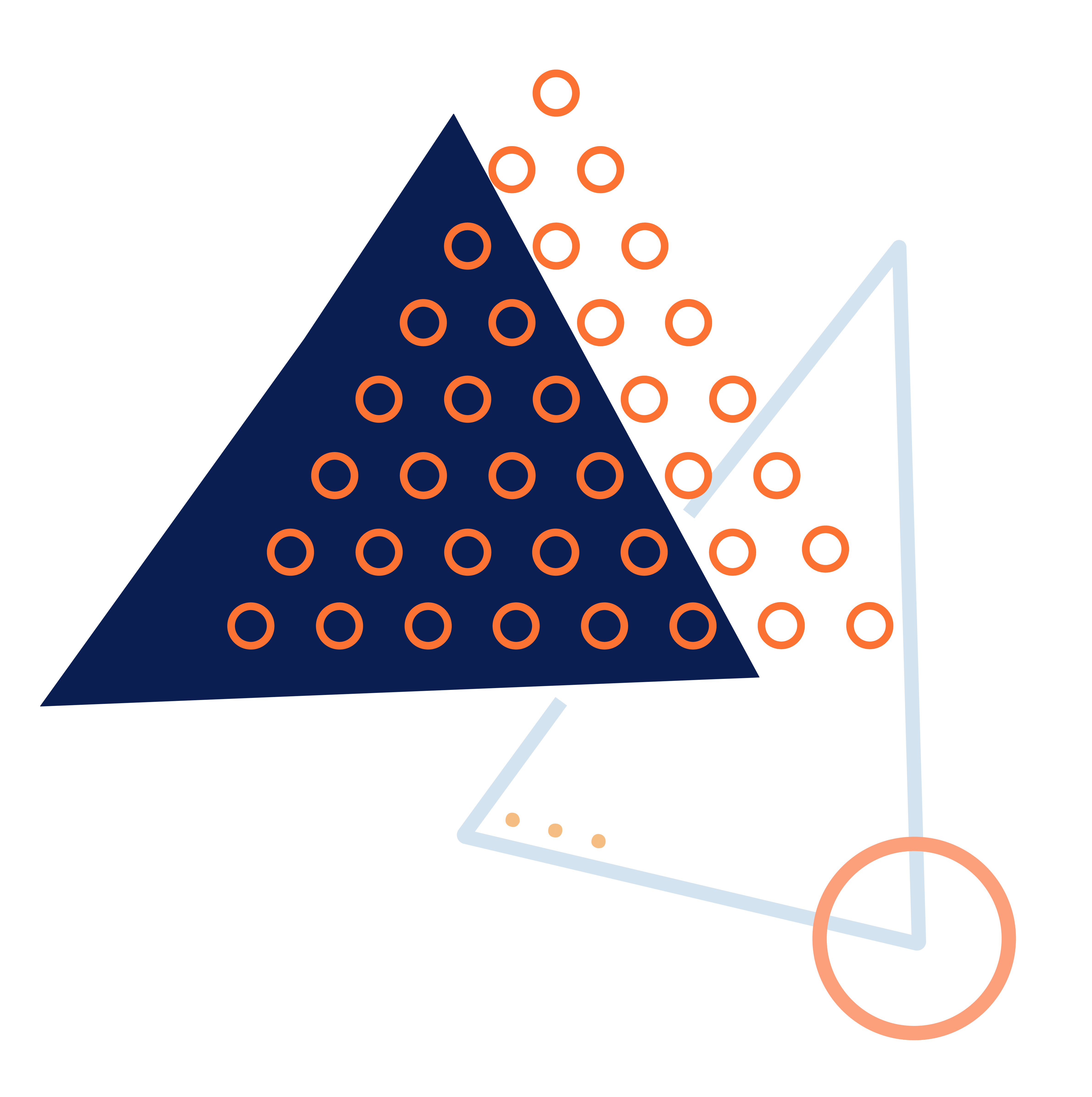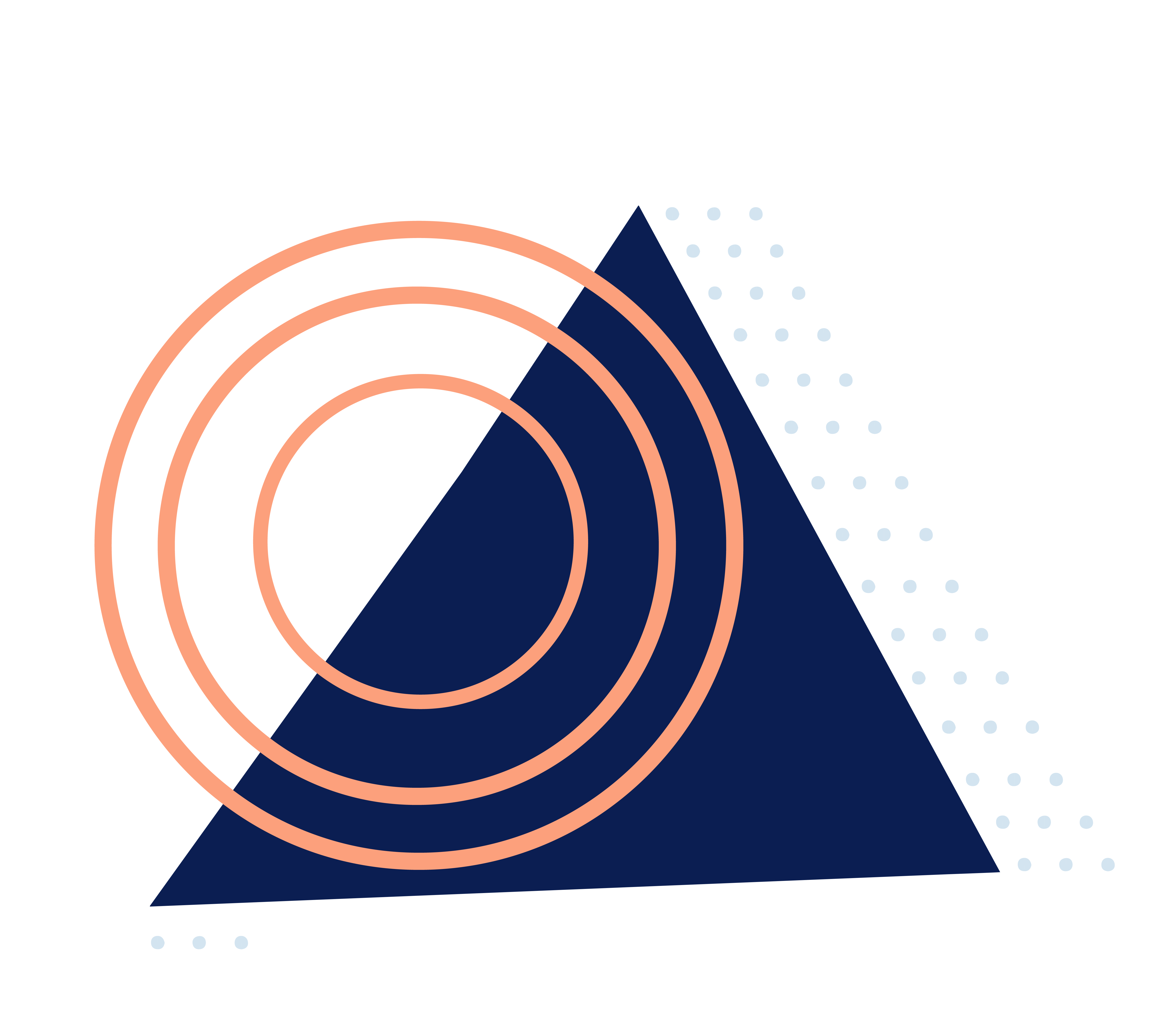

23rd November 2020
OGIP Commentary
OGIP turns 1, YPS turns 5, and WPS turns 20: looking back and moving forward in peace and security
Our Generation for Inclusive Peace
On 31st October 2020, Our Generation for Inclusive Peace (OGIP) celebrated two big anniversaries. The Women Peace and Security (WPS) agenda turned 20 years old and OGIP turned 1! We are now looking ahead, and this month we will mark the 5th anniversary of UNSCR 2250 and the Youth Peace and Security (YPS) agenda. These milestones serve as a point of reflection for both OGIP and the peace and security community as a whole. They are a chance for us all to take stock of what we have achieved and celebrate how far we have come. It also allows us to reflect on where we want to go in the future.
Over the past 20 years, the WPS and YPS agendas have emerged within the peace and security sphere, representing a significant shift towards understanding the impact of intersecting identities on people’s experiences of conflict, insecurity and peacebuilding. There are certainly a lot of achievements for us to celebrate on both anniversaries. We have seen a strong commitment from states across the globe to implement the WPS agenda through National Action Plans, and we have also seen the space for discussing women’s contributions to peace and security expand through open debates at the United Nations Security Council (UNSC), civil society commentary and annual reports. Many governments and international actors have also recognised the important role of youth, particularly young women and girls, in the attainment of sustainable peace. Furthermore, the meaningful participation of young people, including young women and girls, has been secured through initiatives such as the Global Coalition on Youth Peace and Security and Youth 4 Peace, both developed from the mandate set out in UNSCR 2250.
However, OGIP recognises there is a long way to go and a lot of work to be done if we are to see the full implementation of the WPS and YPS agendas. Meaningful participation of both women and youth in decision-making and peacebuilding processes will not be achieved until we see stronger funding and accountability mechanisms which are currently lacking in both agendas. Further to this, it is essential that we see more local and regional agency of these agendas and space must be made for local and regional actors to influence the future of WPS and YPS. Many also question the fundamental positioning of the WPS and YPS agendas, situated in the UNSC, which at its roots is a neo-colonial and patriarchal institution. The politics of power that surrounds the adoption of resolutions and the implementation of the agendas, creates a neo-colonial divide between those crafting the strategic framework of the agendas and those living out the reality of these agendas at the grassroots.
As a youth-led research and advocacy collective grounded in intersectional feminist methodologies, OGIP sits at the intersect of the WPS and the YPS agendas and recognises the importance for strengthening both youth-driven and feminist contributions to peace processes if we are to see sustainable peace and a more equitable world.
When OGIP launched one year ago our first action was to develop a policy paper on the synergies between the WPS and YPS agendasand the need to deepen these connections. We see this as one of the critical areas for progress within the agendas and situate our work at the intersect of these two agendas. Our paper raises the issues of exclusive language, elite spaces and the creation of identity silos. We argue that these play a role in limiting the impact of peace and security policy and practice for traditionally marginalised people who operate within these spaces. By excluding those who currently cannot access the decision-making structures and cannot communicate in the language defined as acceptable by the elite, the international community is failing to listen to the views of those most affected by conflict.
In order to break these siloes, OGIP set out the following 5 ambitions for the future of the WPS and YPS agendas:
- Use of inclusive language and acknowledgement of multiple and intersecting identities that go beyond stereotypes and assumptions is centred in any future resolutions or development of the WPS and YPS agenda.
- Inclusion of a diverse range of youth advocates and practitioners working in peace and security are included at all discussions, roundtables, conferences, working groups (this is not an exhaustive list), not just those that focus on ‘youth issues’.
- Adjustment of perceptions around what is considered a ‘valid’ contribution to the debate in current ‘high-level’ peace and security policy spaces and recognition that access to education and specific resources and spaces will shape how individuals communicate but not the legitimacy of their perspectives, ideas, and rights.
- Creation of support networks that truly amplify the diversity of people contributing to peace and security policy and practice; facilitation of mutual mentorship and partnership; recognition of the contributions of all; and provision of a space for learning of all participants.
- Increase in funding to support research into pre-existing youth work in peace and security that is founded on intersectional approaches to research and that highlights the diversity of actors in this field. The findings and participants of this research should be integrated into discussions at all levels of policy and practice to further shape strategies and outcomes.
OGIP is already beginning to make progress towards some of these goals through our pillars of Research, Advocacy and Outreach & Partnerships.
OGIP have recently published our first research series on the Preventing Sexual Violence in Conflict Initiative (PSVI). The aim of OGIP’s Research Series is a space for young people affected by conflict or working in the peace and security space, whose voices are often marginalised from mainstream research and policy conversations, to express their views and promote their perspectives. The PSVI Research Series contains the voices of young people around the world engaged in the field of sexual violence in conflict - either in their work or study. The Research Series highlights the experiences of survivors of sexual violence, explores continuums of violence and asks difficult questions on how to engage with this topic ethically. This work is a step towards diversifying research and policy recommendations in this space and making room for new voices that have been affected by these violence and conflict.
In 2020 OGIP also launched our flagship advocacy project: the OGIP Advocates Network. The Advocates Network is a forum to raise the profile of young people working to make peace and security more inclusive and equitable, and support them in gaining the skills and connections they need to influence peace and security and build stronger linkages between the WPS and YPS agendas. Young people are experts in peace and security and are often the ones advocating for a more inclusive, deconolinsed, and ambitious approach to our field despite facing enormous barriers and persistent marginalisation. After a global search and over 125 applications, we recently welcomed 27 young gender equity and peace and security advocates to join the network. Over the next few months we will be working with our cohort of members to build a community and movement based on feminist principles and collaboration. Stay tuned for our official Advocates Network launch in early 2021!





